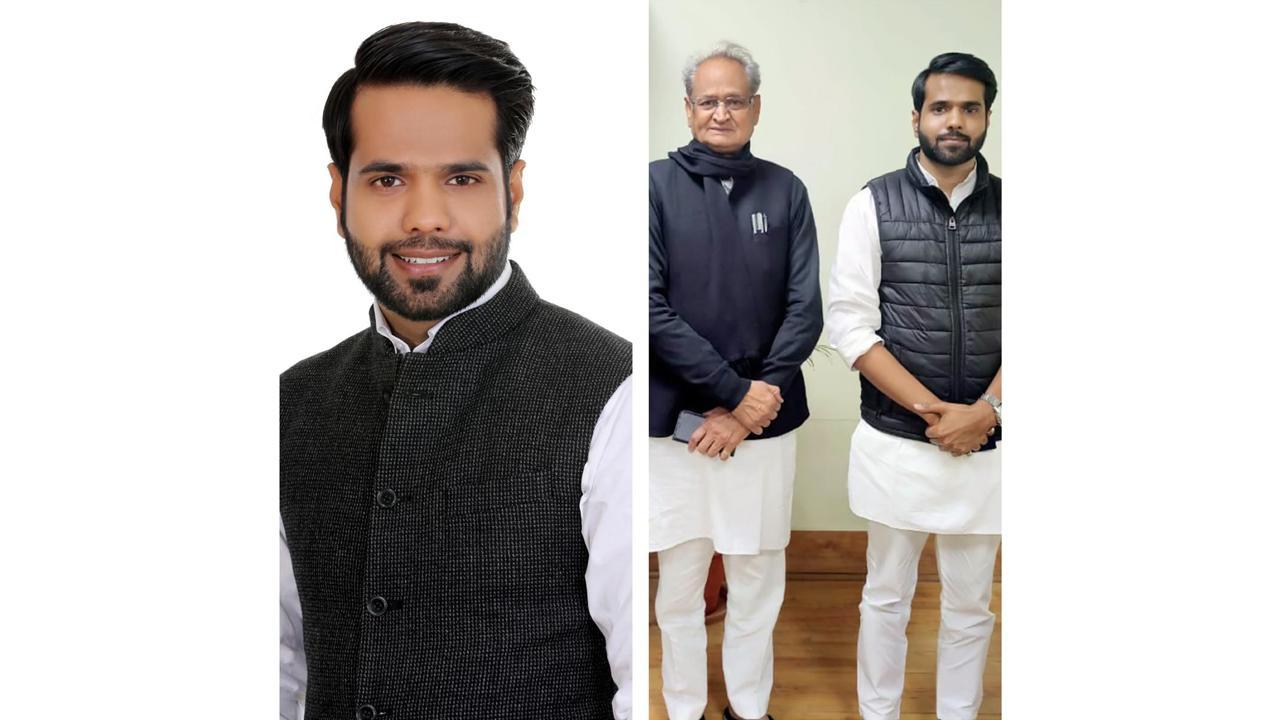.

Nitin Agarwal
- How did you become a social activist?
It is not a deep-rooted story really; this is something that became a part of my routine. I was always taught to go to ashrams or places and make donations of clothes, books, or anything once a year. I have been doing that and then it just escalated. Instead of donating my things, I started distributing the necessities to help as many people as I could. After this, I took charge of various other ongoing initiatives like organizing monthly blood donation drives, distributing sanitary napkins to rural women, cleanliness drives, etc.
- Which initiative do you strongly support?
I feel very strongly that everyone should at least be able to fill up their stomach before going to bed. This is because I know that most of these people are trying their best to earn a sustainable living but things like rent, utilities, education of their children, etc. gulp a big chunk of their income. To them, I want to lend a hand and provide meals of proper nutritional value.
- Share your thoughts on the stigma of sanitary pads?
Having personally distributed more than 10 lakh sanitary pads door-to-door, I think the stigma is dying. I am not saying we have won the battle even by 50% but still there has been a major improvement. Women now, while standing on their door freely took out their hand when Sanitary napkins were being handed over, earlier they would have not even opened the door.
- How can individuals contribute to societal welfare?
It is not about spending thousands of rupees or going around the city taking care of every individual. I believe if everyone just took care of their neighborhood, the country will be on a fast-track in the development cycle. In a colony, every house can turn by turn go and distribute food and basic hygiene products to the under-privileged in their area and that is all it will take. Eventually, these people will grow accustomed to a certain standard of living and work harder to be able to afford them on their own.
 Subscribe today by clicking the link and stay updated with the latest news!" Click here!
Subscribe today by clicking the link and stay updated with the latest news!" Click here!











